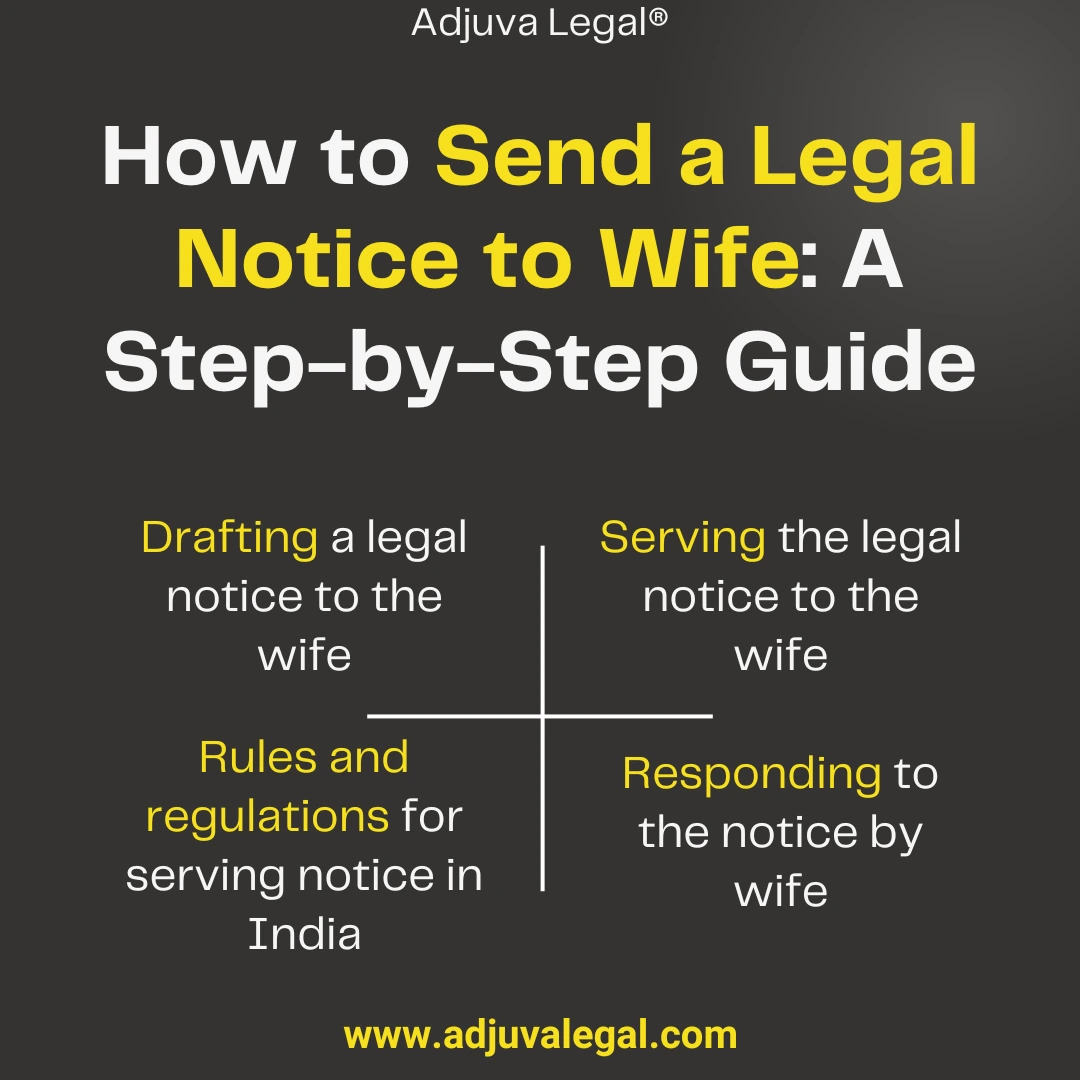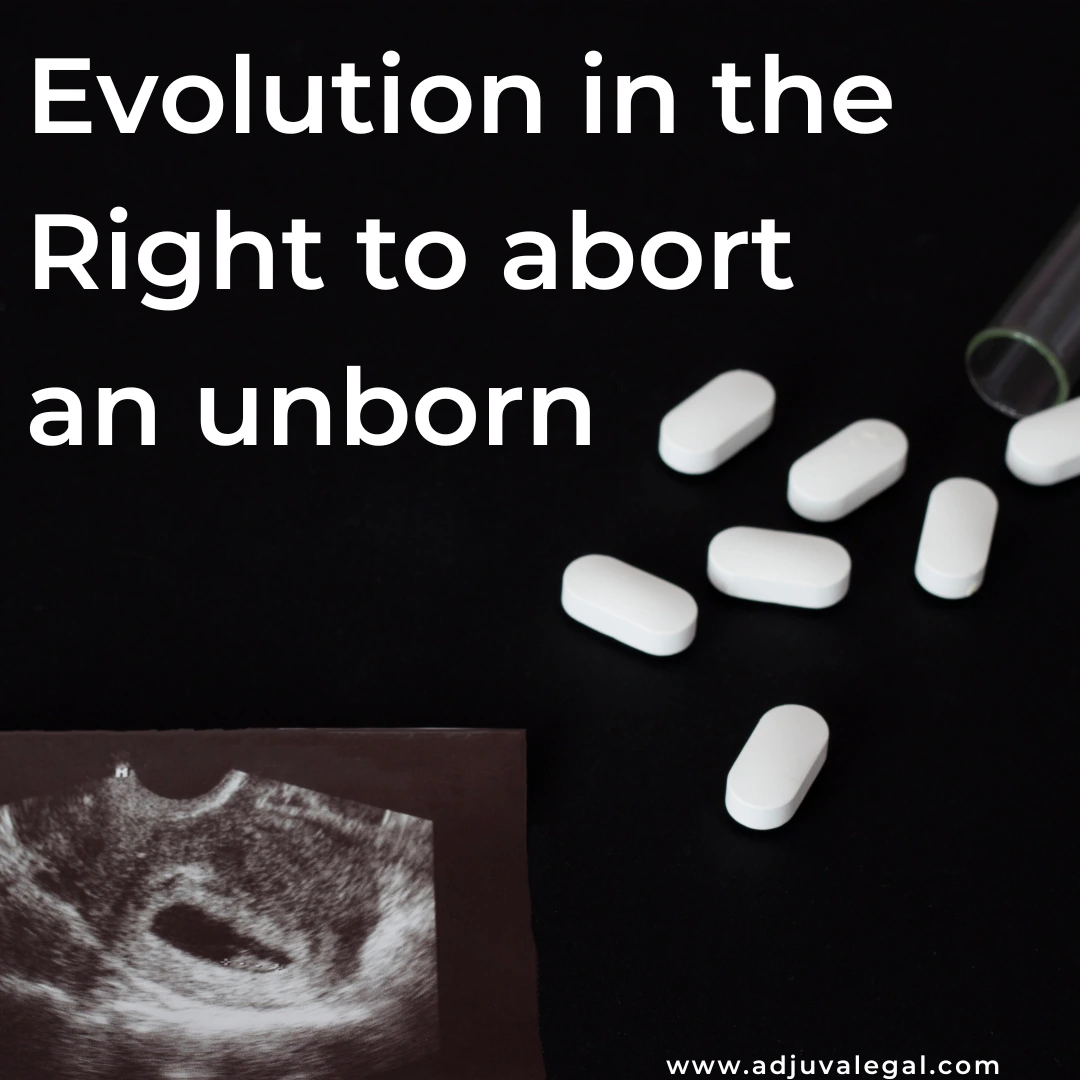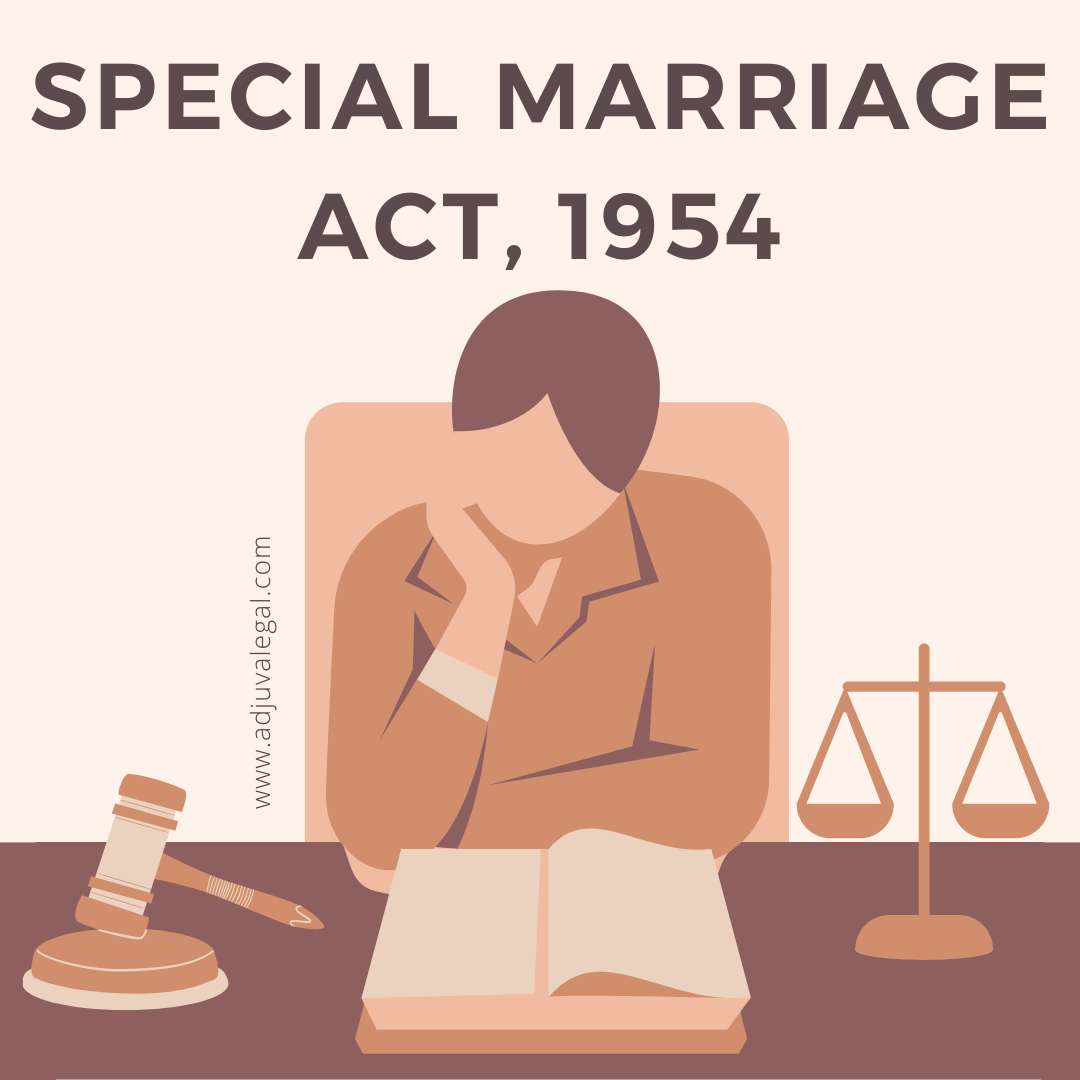Love marriage – introduction
Marriages are considered a solemnization of conjugal rights and duties towards each other.
Law only bisects void, voidable and valid marriages rather than love or arranged ones. It falls under the ambit of civil law which discourses about rights in personam irrespective of religion, sex, caste or belief.
The intra-religion marriage of major Hindus falls under the roof of the Hindu Marriage Act, 1955 whereas, inter-religion and intra-gender ones are covered under the Special Marriage Act, 1954.
An arranged marriage is when your parents find you a spouse and you have little to no say in the matter. Love marriage is when you choose your own spouse. Love marriages are not always accepted in India because some people believe that arranged marriages are more successful. In India, love marriages are not as common as arranged marriages.
What are the obstacles to love marriage in India?
There are a number of obstacles that can arise when trying to get a love marriage approved in India.
- The first and most obvious obstacle is the disapproval of the parents. If the parents do not approve of the relationship, it can be very difficult to get them to agree to a marriage.
- There can be issues with caste, religion, and class that can make it difficult for couples to get approval from their families.
- If the couple is not financially stable, their families may feel that it is not a good idea for them to marry.
- The couple may also face resistance from their own friends, who might not think that they are capable of making a good marriage.
- If the couple does not have jobs or the boy is not well settled, it is unlikely that their families will support them marrying.
- If either of the couple is already married to someone else, they will face strong opposition from their families.
- The couple may also be prohibited from marrying by their religious organisations.
Society, the Indian Constitution and love marriage
The patriarchal autocracy of society intervenes in the concept of love marriage. Communism and religion ideology is still breathing in the minds of people in India. There was a time when police officials of states like Delhi, Haryana, Uttar Pradesh and Punjab used to send notices to places where couples intending to marry by own choice resided. Nevertheless, recent developments and precedents termed these practices as arbitrary use of law for infringement of privacy of individuals.
The societal retort toward love marriages is leading the matters of honour killings. Honour killings are homicide by escaping behind the reasoning of breach of prestige. In the landmark judgment of Shakti Vahini vs. Union of India ((Shakti Vahini vs. Union of India (2018) 7 SCC 192.)) court iterated that, honour killings for love marriages are a violation of Articles 19 and 21 of the victims ((Dormaan J Dalal, Fundamental Right to Marry in India and its application to same-sex marriage, Bar and Bench, (2021).)). The sovereign of India provides a freedom and liberty to two adults to choose their partner and solemnize their marriage consensually ((Cliflton D.rozario, Maitryel Krishnan, Love, marriage, law: a special act, Citizen Matters, (2020).)).
In Bhagwan Das vs. State (NCT) of Delhi ((Bhagwan Das vs. State (NCT) of Delhi (2011) 6 SCC 396)) the court stated that the matters of honour killing acts as a blot on the nation by contradicting de jure rights of individual to love and marry.

Key requisites of a valid marriage
1. The person must not have a living spouse
2. Age of the girl for marriage is 18 years and the boy is 21 years
3. Free Consent
4. Fulfilling conditions under Section 5 of the Hindu Marriage Act, 1955 in the case of Hindus
Existence of love marriages in the eyes of Indian laws
After relying on the aforementioned legal facets, it can be summed up that the law does not bar love marriages.
Subsequently, this is one of the causes behind mushrooming number of love marriages. While discoursing about generality, such wedlocks are not supervening over the count of arranged marriages yet, marking an evolutionary existence. The courts in India are also circumventing the hurdles before love marriages through various guidelines in the form of precedents.
In Lata Singh vs. Union of India ((Lata Singh vs. Union of India (2006) 5 SCC 475.)) the court stated that a couple is entitled to police protection in case of fear against their marriage.
In the climacteric judgment of Shafin Jahan vs. Ashokan K.M. ((Shafin Jahan vs. Ashokan K.M. (2018) 16 SCC 368, AIR 2018 SC1933.)) also known as ‘Hadiya Case’, the Apex court sagaciously explained the freedom of choice as an integral part of fundamental rights. It clearly stated that, when the assent in the marriage is committed by an adult, neither parents nor any other person can annul the marriage unless the assent is not free.

Same sex marriages, Article 377 and love marriage
Another form of love marriage is the solemnization of wedlock between two majors of the same gender.
Furthermore, it has uplifted the phenomenon of consent. Consent plays a vital role whenever it comes to performance of one’s right and enjoyment of privacy as a sword. Supreme Court while asserting the existence of the right to marry a person of the same gender re-iterated the guiding principles of the Constitution of India. The Constitution of India puts a stay upon any kind of discrimination under Article 15, subject to reasonable restrictions.
In the landmark verdict of Navtej Singh Johar vs. Union of India ((Navtej Singh Johar vs. Union of India (2018) 10 SCC 1.)), a five-judge bench of the Apex court determined the right to marry a major of the same sex under Special Marriage Act, 1954, consensually. The judgment decriminalized a strand of section 377 of the Indian Penal Court and upheld the decision of court passed in Suresh Kumar Koushal & Anr. v. Naz Foundation & Ors. It holds a persuasive position in the galaxy of love marriages and consensual marriages.
Conclusion
Love marriages are evidence proving the fact that consent is not vulnerable in society. But, India is still a land of customs which considers its breach as an offence to the traditional merits. Any act that does not walk parallel to the customs is pondered as unsanctified. However, calculating the aforementioned licit principles enshrined in statutes and precedents shields the commencement and survival of love marriages in the nation.
Nevertheless, consent and age can never surpass the law by deceiving it. Apparently, an another aspect reflects that the family courts have authority and power under sections 11 and 12 of HMA, 1955 to nullify a marriage commenced between two adults on valid grounds brought by the petitioner. Hence, both of the dimensions of love marriages in the eyes of law exist to guard the rights of individuals.
In conclusion, arranged marriages are still very prevalent in India, although love marriages are beginning to become more accepted. Arranged marriage and love marriage both have their pros and cons. It is important to weigh these carefully before making a decision about which type of marriage is right for you.
Author – Khushi Shukla
Disclaimer: The opinions expressed within this article are the personal opinions of the author. The facts and opinions appearing in the article do not reflect the views of Adjuva Legal and Adjuva Legal does not assume any responsibility or liability for the same.








